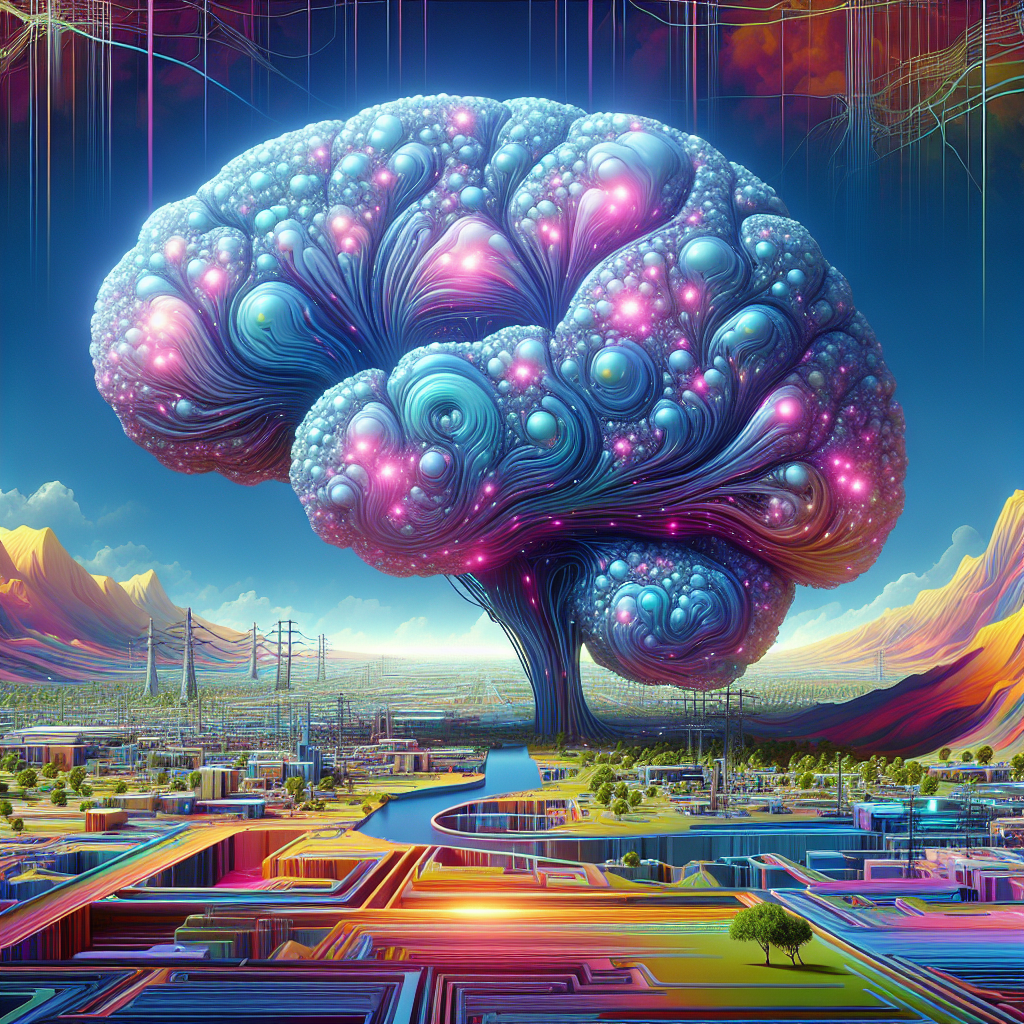The Rise of AGI: Transforming the Landscape of Innovation
Artificial General Intelligence (AGI) is a concept that has captured the imagination of scientists, technologists, and futurists for decades. AGI refers to a hypothetical form of artificial intelligence that possesses the ability to understand and learn any intellectual task that a human being can. Unlike current AI systems, which are designed for specific tasks or domains, AGI would have the capacity for general problem-solving and reasoning across a wide range of domains.
The development of AGI has the potential to transform the landscape of innovation in profound ways. From healthcare to finance, transportation to entertainment, AGI has the capacity to revolutionize industries and change the way we live and work. In this article, we will explore the rise of AGI and its implications for the future of innovation.
The Evolution of AI
To understand the significance of AGI, it is important to first consider the evolution of artificial intelligence. AI has its roots in the 1950s, when researchers began exploring the possibility of creating machines that could simulate human intelligence. Early AI systems were limited in their capabilities and could only perform specific tasks with a high degree of programming.
Over the years, AI has made significant advancements, thanks to breakthroughs in machine learning, neural networks, and deep learning. These technologies have enabled AI systems to process vast amounts of data, recognize patterns, and make predictions with a high degree of accuracy. Today, AI is used in a wide range of applications, from speech recognition and image classification to autonomous vehicles and recommendation systems.
Despite these advancements, current AI systems are still limited in their capabilities. They are designed for specific tasks and lack the flexibility and adaptability of human intelligence. This is where AGI comes in.
The Promise of AGI
AGI holds the promise of creating machines that can think, reason, and learn like humans. AGI systems would be able to understand natural language, make complex decisions, and adapt to new situations in ways that current AI systems cannot. This has the potential to revolutionize industries and open up new possibilities for innovation.
In healthcare, for example, AGI could be used to analyze medical data and assist doctors in diagnosing illnesses and recommending treatments. In finance, AGI could help investors make better decisions by analyzing market trends and predicting future outcomes. In transportation, AGI could be used to optimize traffic flow and reduce congestion on roads.
The possibilities are endless, and the impact of AGI on innovation could be profound. With the ability to learn and reason across a wide range of domains, AGI has the potential to accelerate the pace of technological advancement and drive breakthroughs in fields such as robotics, virtual reality, and quantum computing.
Challenges and Concerns
Despite the promise of AGI, there are also challenges and concerns that need to be addressed. One of the biggest challenges is ensuring that AGI systems are safe and ethical. As AGI becomes more advanced, there is the risk of unintended consequences and potential harm to society.
There are also concerns about the impact of AGI on the job market. As AGI systems become more capable, there is the potential for automation to replace human workers in a wide range of industries. This could lead to job displacement and economic inequality, as well as the need for new skills and training programs to adapt to a changing workforce.
In addition, there are ethical considerations to take into account when developing AGI systems. Issues such as bias, privacy, and accountability need to be addressed to ensure that AGI is used in a responsible and ethical manner.
The Future of Innovation
Despite these challenges, the rise of AGI has the potential to transform the landscape of innovation in profound ways. From healthcare to finance, transportation to entertainment, AGI has the capacity to revolutionize industries and change the way we live and work.
As AGI continues to evolve, it is important for researchers, policymakers, and industry leaders to work together to address the challenges and concerns associated with this technology. By developing safe and ethical AGI systems, we can harness the full potential of this technology and create a future where innovation knows no bounds.
FAQs
Q: What is the difference between AGI and current AI systems?
A: Current AI systems are designed for specific tasks or domains, while AGI has the ability to understand and learn any intellectual task that a human being can.
Q: How will AGI impact the job market?
A: There is the potential for automation to replace human workers in a wide range of industries as AGI systems become more capable. This could lead to job displacement and the need for new skills and training programs.
Q: What are the ethical considerations when developing AGI systems?
A: Issues such as bias, privacy, and accountability need to be addressed to ensure that AGI is used in a responsible and ethical manner.
Q: What are the potential applications of AGI?
A: AGI has the potential to revolutionize industries such as healthcare, finance, transportation, and entertainment. It could be used for tasks such as medical diagnosis, market analysis, traffic optimization, and more.
Q: How can we ensure the safety of AGI systems?
A: Researchers, policymakers, and industry leaders need to work together to develop safe and ethical AGI systems. This includes implementing safeguards to prevent unintended consequences and harm to society.

